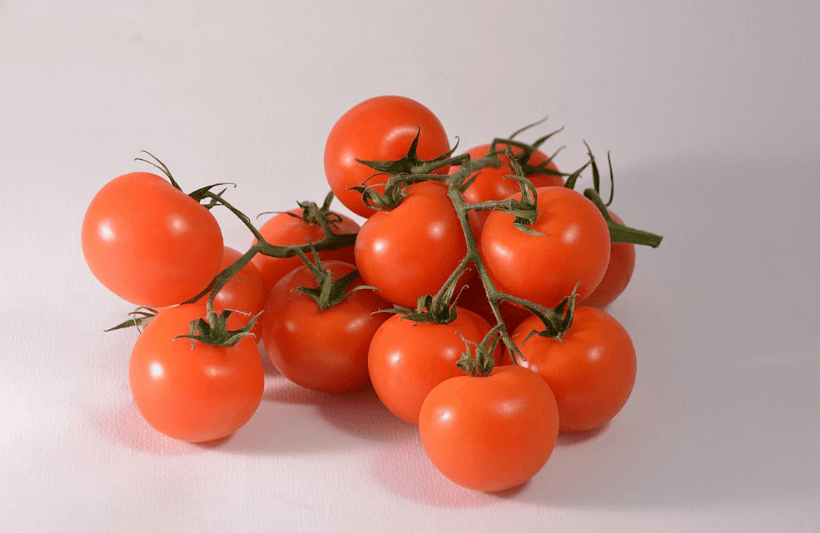Aided by artificial intelligence, researchers at UC Davis managed to strengthen plants’ immune response by re-engineering protein structures that detect disease, known as immune receptors, to recognize newly evolved pathogens. The method may provide a more sustainable solution for tomato farmers near Sacramento — the Big Tomato — who typically fight illnesses such as wilt disease and southern blight with environmentally damaging pesticides.
Follow the latest news and policy debates on sustainable agriculture, biomedicine, and other ‘disruptive’ innovations. Subscribe to our newsletter.
Gene editing plants to improve resistance [o]ffers an alternative to pesticide use, which can unintentionally harm humans and the environment.
If the process can be applied on a larger scale, the U.S. Department of Agriculture would consider modified crops gene-edited rather than transgenic. The latter encompasses organisms containing artificially introduced genetic material from a different species, and are regulated more closely by the USDA.
“We’ll only change a very small fraction of the receptor, that sweet spot,” [Tianrun “Jerry”] Li said. “So that will give you a faster turnaround time to introduce that in the field and benefit growers in a shorter time.”

